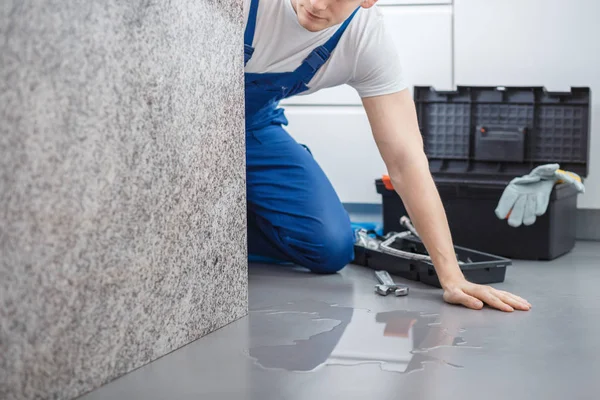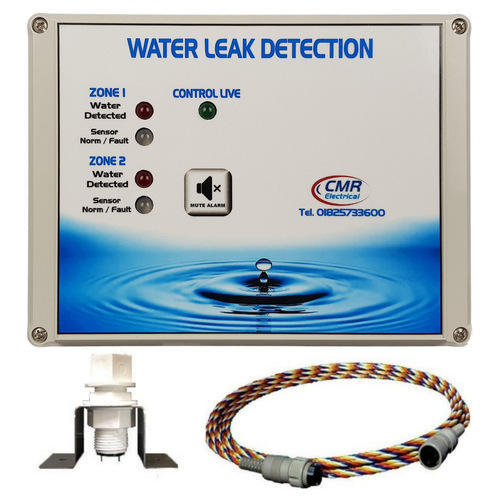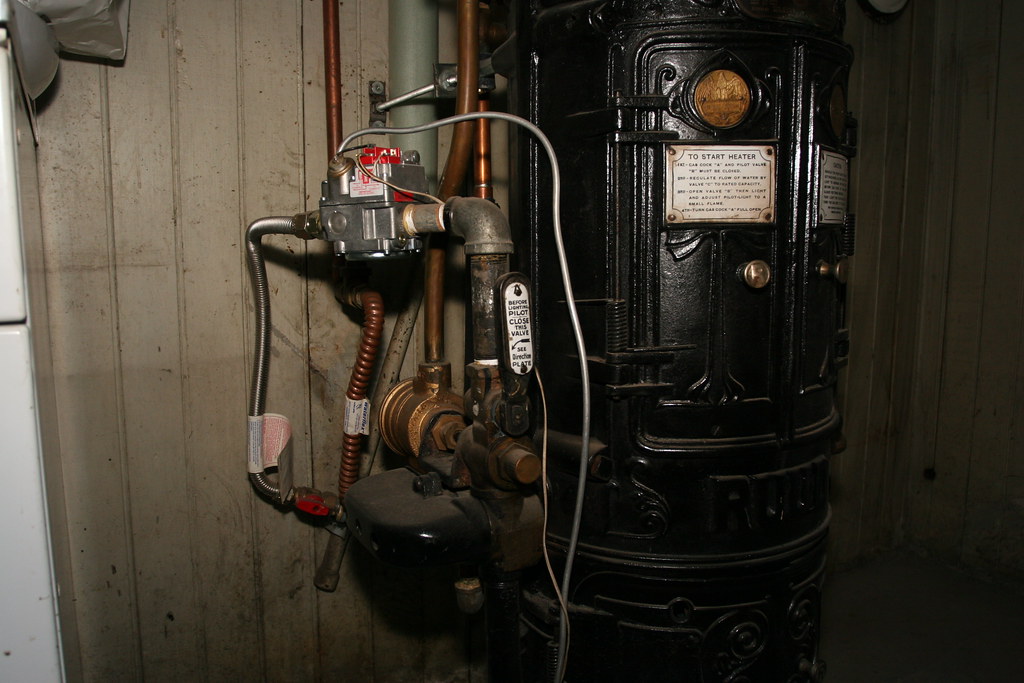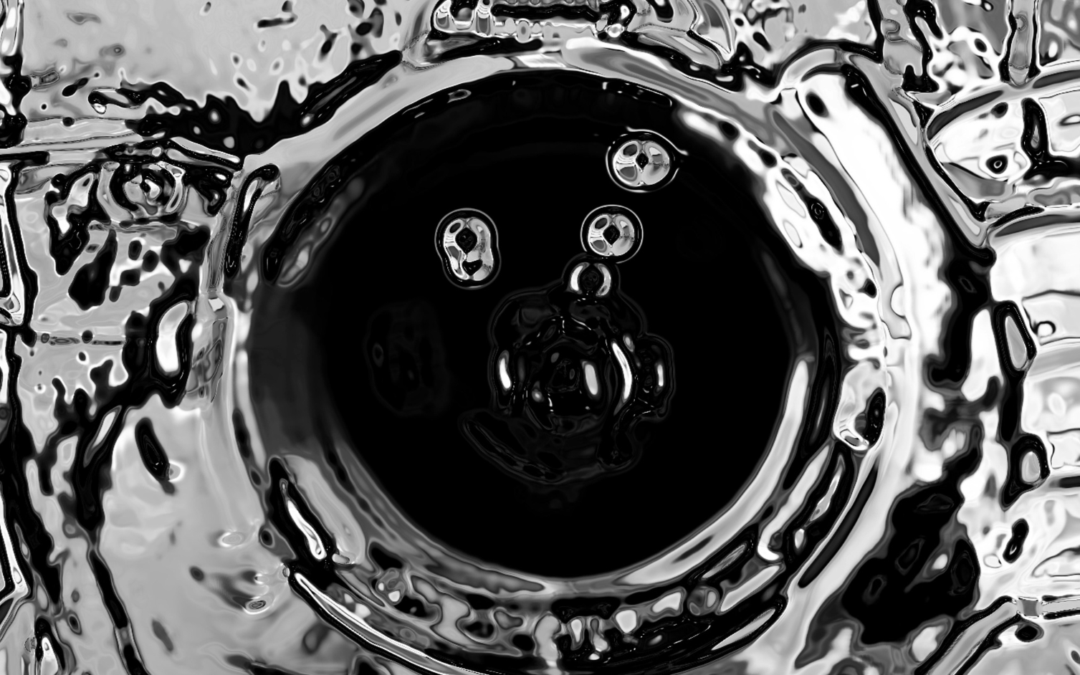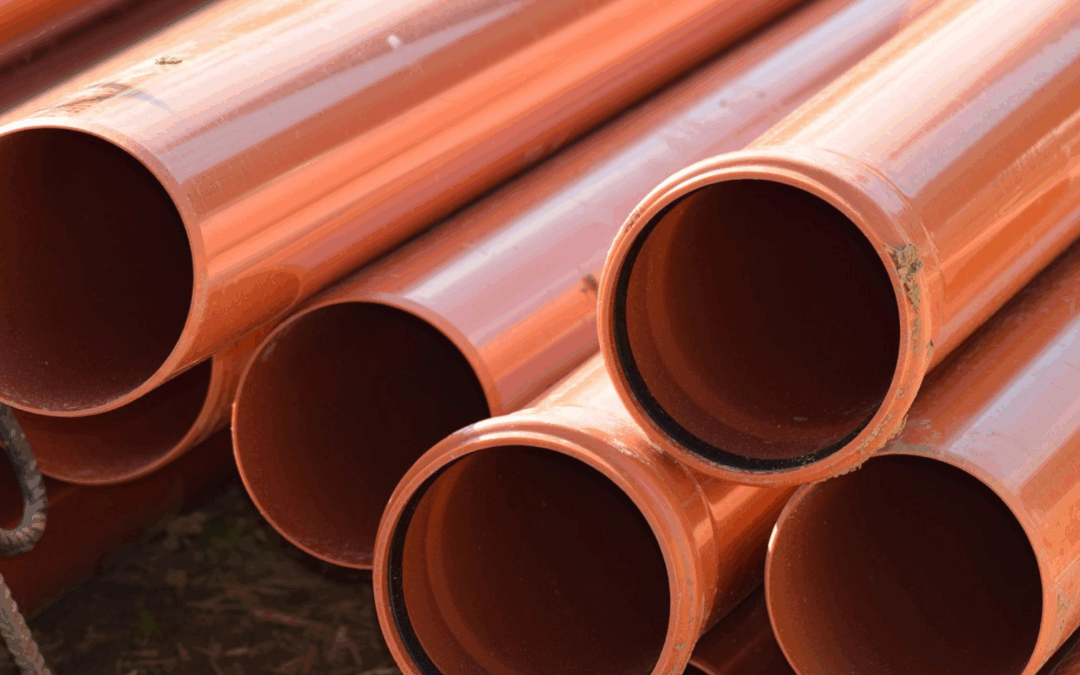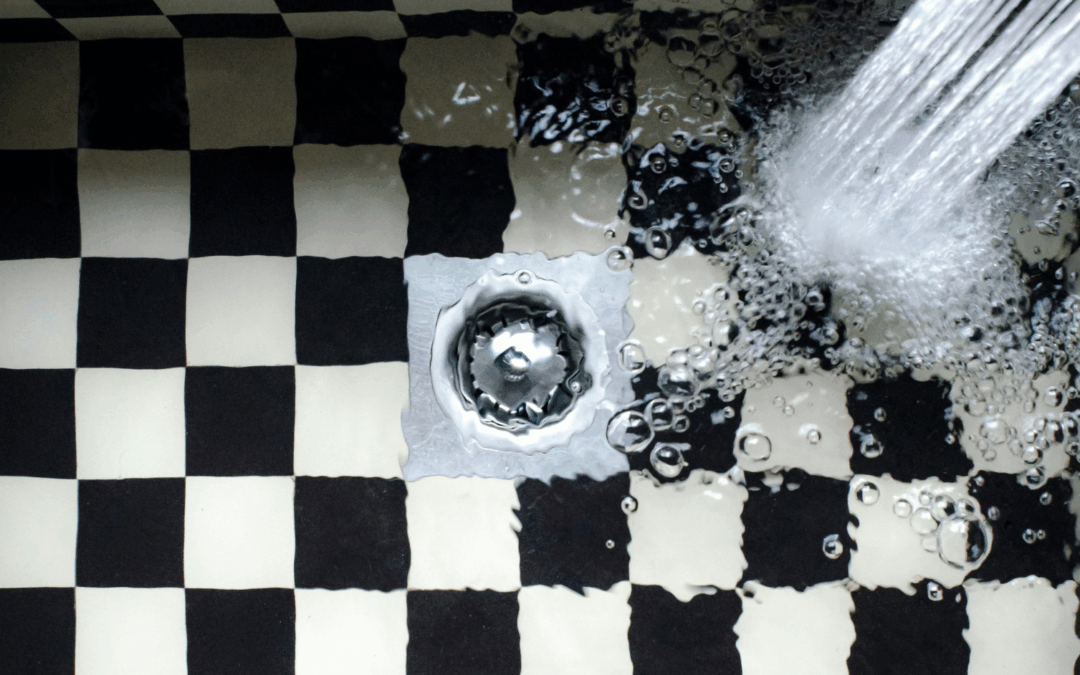Water leaks can wreak havoc on your home or property. Picture this—a small undetected leak in a pipe behind your wall causes water damage over time, leading to expensive repairs and wasted resources. Whether you’re a homeowner, property manager, or plumber, understanding leak detection is essential to saving money, conserving water, and protecting your property.
This guide dives into the key tools, methods, and technologies available for leak detection today, breaking it down for anyone ready to locate and address potentially costly issues. We’ll also explore options like water leak detectors, expert services, and advanced tools, so you can face leaks head-on.
What is Leak Detection?
Leak detection is the process of identifying and locating leaks in water, gas, or other fluid systems using various methods and tools. It is designed to pinpoint leaks early, preventing unnecessary loss of resources and potential damage to property.
Schedule Service Online
Get a free estimate so you know what you're signing up for
"*" indicates required fields
For Emergency Services Call: 410-255-9300
Traditional methods often relied on visual inspections or noticing signs like water stains, unusual smells, or persistent dripping sounds. Today, modern technology has revolutionized leak detection, introducing devices such as electronic leak detectors, thermal imaging cameras, and acoustic sensors that provide accurate and efficient results.
By addressing leaks promptly, leak detection not only saves money but also helps in conserving valuable resources and maintaining the integrity of your property.
Why Leak Detection is Essential
When leaks go undetected, the consequences can escalate quickly, leading to significant damage and added costs. Water leaks, for instance, can gradually compromise a building’s structure by seeping into walls, floors, and foundations. Over time, this moisture fosters mold growth, which not only damages property but also poses serious health risks, particularly for those with allergies or respiratory issues.
Undetected leaks can also result in unexpectedly high utility bills. A small, consistent water drip might seem harmless but can waste hundreds of gallons of water over time, increasing your water expenses substantially. Similarly, undetected gas leaks pose a grave danger, as they can lead to fires, explosions, or carbon monoxide poisoning, threatening the safety of occupants.
Furthermore, prolonged leaks often go unnoticed in concealed areas such as beneath floors, inside walls, or underground pipes. This delay in detection not only complicates repairs but also increases the overall cost of restoration. Recognizing the importance of addressing leaks early is essential in avoiding these long-term repercussions and safeguarding your property effectively.When leaks go undetected, here’s what to expect:
- Wasted Resources: A small drip from a faulty faucet can waste hundreds of gallons of water annually.
- Property Damage: A consistent leak inside walls or under floors can result in mold growth, warped wood, and ruined drywall.
- High Repair Costs: Neglecting leaks can lead to bigger, costlier repairs.
- Gas Line Hazards: Gas leaks can occur too, presenting safety risks beyond water damage.
Whether it’s saving money, protecting your home, or preserving water, prompt leak detection is an investment worth making.
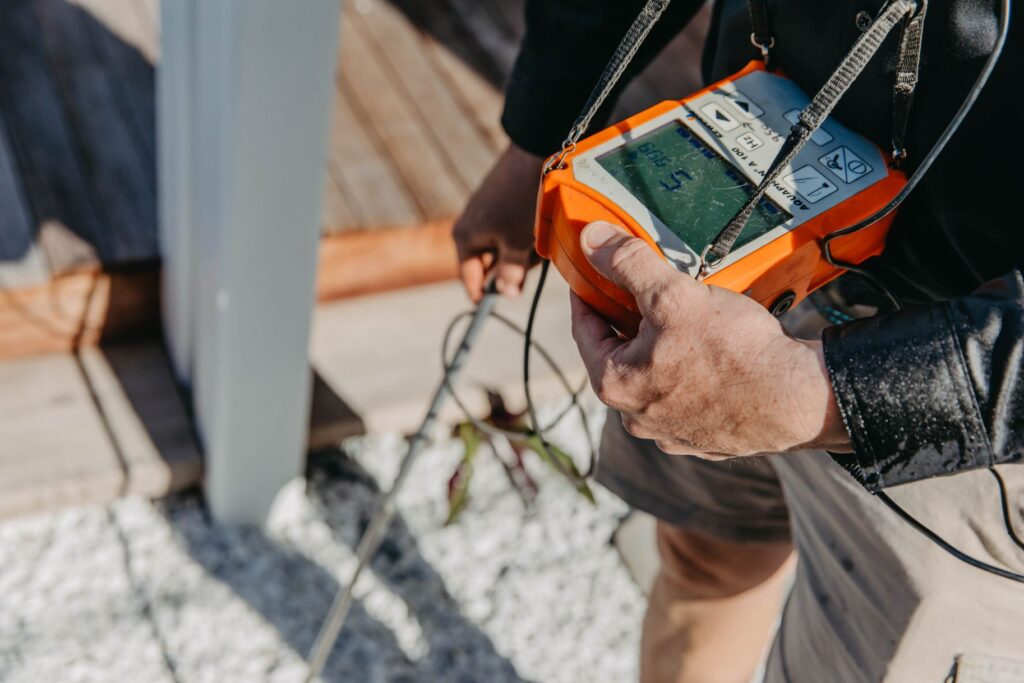
Tools and Techniques to Detect Leaks
Leak detection today is more advanced than ever, with tools and techniques that make locating potential leaks more accurate and efficient. Here’s a breakdown of some commonly used methods.
Water Leak Detectors and Sensors
Water leak detectors are devices designed to identify leaks early, often through sound, temperature, or moisture-sensing technology. These devices come in a range of options, typically installed in high-risk areas like kitchens, laundry rooms, and basements.
Features:
- Sensors that detect moisture and trigger alarms.
- Shutoff mechanisms to stop the water flow when a leak is detected.
- Wireless capabilities to send alerts directly to your smartphone.
Installation of these devices is relatively quick, and they offer peace of mind knowing they’ll identify a potential leak before it spirals out of control.
Thermal Imaging
For hard-to-find leaks hidden inside walls, ceilings, or underground, thermal imaging is the go-to technology. Leak detection experts use thermal imaging cameras to identify temperature differences caused by water leakage.
Benefits:
- Locates leaks without having to tear down walls or floors.
- Efficiently pinpoints the exact location of hidden issues.
Plumbers, property managers, and leak detection technicians favor this non-invasive method for its precision.
Flow Meters and Water Monitoring Systems
Advanced flow meters monitor the water flow throughout your plumbing system, capturing data in real-time. A sudden drop in flow or unusual patterns often signals a leak.
Applications:
- Suitable for large properties or water treatment plants.
- Helps homeowners track water usage while identifying possible leaks.
Acoustic Sensors
Using sound waves to locate leaks is another highly effective method. Acoustic detection tools amplify the noise of water escaping from pipes, making it easier to identify even the smallest leaks in your system.
- Ideal for underground pipes.
- Effective in noisy outdoor environments, such as swimming pool areas.
Vivax Cable and Line Detection Systems
Technologies like Vivax cable detectors identify leaks in underground utilities, gas lines, and high-pressure pipes. These tools efficiently determine the location of the issue with pinpoint accuracy.
Key Areas to Check for Potential Leaks
Now that we know the tools, where should we focus our attention? Here are the common locations where leaks are typically detected:
Pipes and Plumbing Systems
The most obvious place! Pipes are often located behind walls, under the foundation, or running through the entire length of your property. External signs like damp walls or low water pressure often suggest an issue.
Bathrooms and Kitchens
Leaking faucets, toilets, and under-sink pipes are common culprits. Keep an eye on places where water is frequently used.
Laundry Areas
Faulty washing machine hoses can drip unnoticed. Installing water leak detectors by your washer can alert you to problems in these high-risk zones.
Swimming Pools and Sprinkler Systems
Swimming pools are prime candidates for leaks due to ground shifts and wear-and-tear near pipes or filters. Likewise, sprinkler lines can leak underground, driving up water bills.
Gas Lines (When Relevant)
Gas pipes shouldn’t be forgotten. While they don’t deal with water, a gas leak is equally—if not more—dangerous. Contact a leak detection expert for testing if you suspect an issue.
Property Exteriors
Underground or external leaks might only show signs on the surface. Puddles, soggy grass, or unexplained meter readings could point to buried issues.
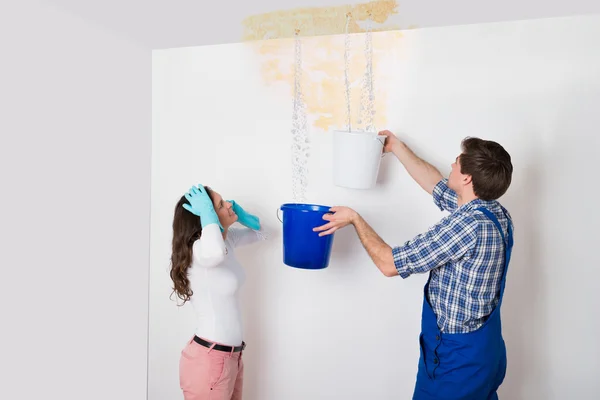
Why Leak Detection Experts Matter
Although water leak detectors and DIY tests cover a lot of ground, leak detection experts provide a deeper layer of insight and efficiency.
Benefits of Hiring Experts:
- Accurate Diagnosis: Experts use state-of-the-art equipment to pinpoint issues down to the exact location, from underground leakage to deep wall seepages.
- Efficient Repairs: With the problem identified, technicians address the issue with minimal damage to your property.
- Cost-Effective Service: Professionals save money in the long run, bridging the gap between quick fixes and sustainable solutions.
Whether you’re dealing with potential leaks in your swimming pool or needing thorough testing around gas lines, experienced technicians get the job done right.
Save Money with Proactive Leak Detection
When it comes to leak detection, being proactive pays off—literally. Investing in preventative tools like water leak detectors or services from leak detection experts helps you catch problems early, saving money on repair costs and damage control down the line.
Tips to Stay Ahead of Leaks
- Regularly monitor your water meter for unusual usage drops.
- Schedule annual inspections by expert plumbers or detection professionals.
- Install water sensors in high-risk areas for added protection.
- Consider thermal imaging as part of your property’s routine examination.

MD Sewer and Plumbing can make sure leaks in your home are detected at early stage. Contact us today!
Resources and Helpful Links
Below are some useful resources to help you learn more about leak prevention, detection, and necessary repairs:
Learn about water efficiency and how to detect and fix household leaks with the Environmental Protection Agency’s Water Sense Program.
CDC – Mold Prevention and Remediation
Explore the Centers for Disease Control and Prevention’s guidelines on mold prevention and managing mold-induced health risks.
American Gas Association – Natural Gas Safety
Get critical safety tips and advice for dealing with natural gas leaks and ensuring safe gas usage in your home.
Consumer Reports – How To Cut Water Usage In Half
Discover step-by-step guides on fixing common plumbing issues and reducing water wastage.
Energy Star – Home Energy Guide
Find detailed resources for identifying hidden energy leaks around your home and improving overall energy efficiency.
State Farm – Preventing Water Damage
Useful insights and preventative measures to protect your property from water-related damage and costly repairs.
What’s Your Next Move?
Leak detection is about more than just catching a problem—it’s about saving resources, protecting your property, and worrying less about potential leaks.
Whether you’re a homeowner trying to safeguard your house, a property manager focused on efficiency, or a plumber seeking the latest tools, investing in leak detection is a smart first step.
Explore cost-effective solutions, from devices like leak detectors to expert services that ensure leaks don’t wreak havoc in your space. With the right tools and expertise, keeping your property leak-free is not just possible—it’s practical.
Want to find out more about advanced leak detection tools? Bookmark this article and share it with someone who could use these tips!

